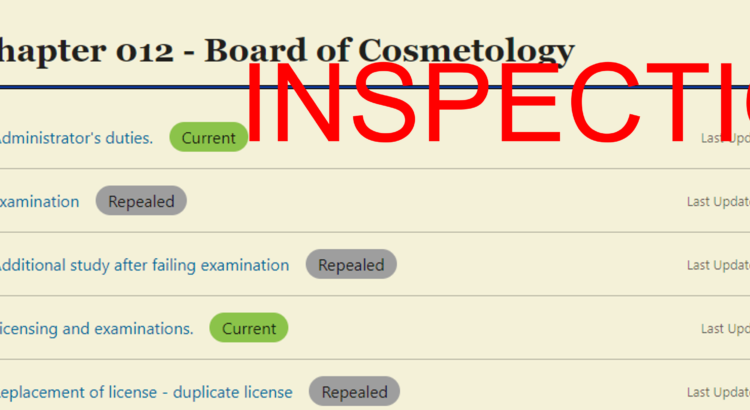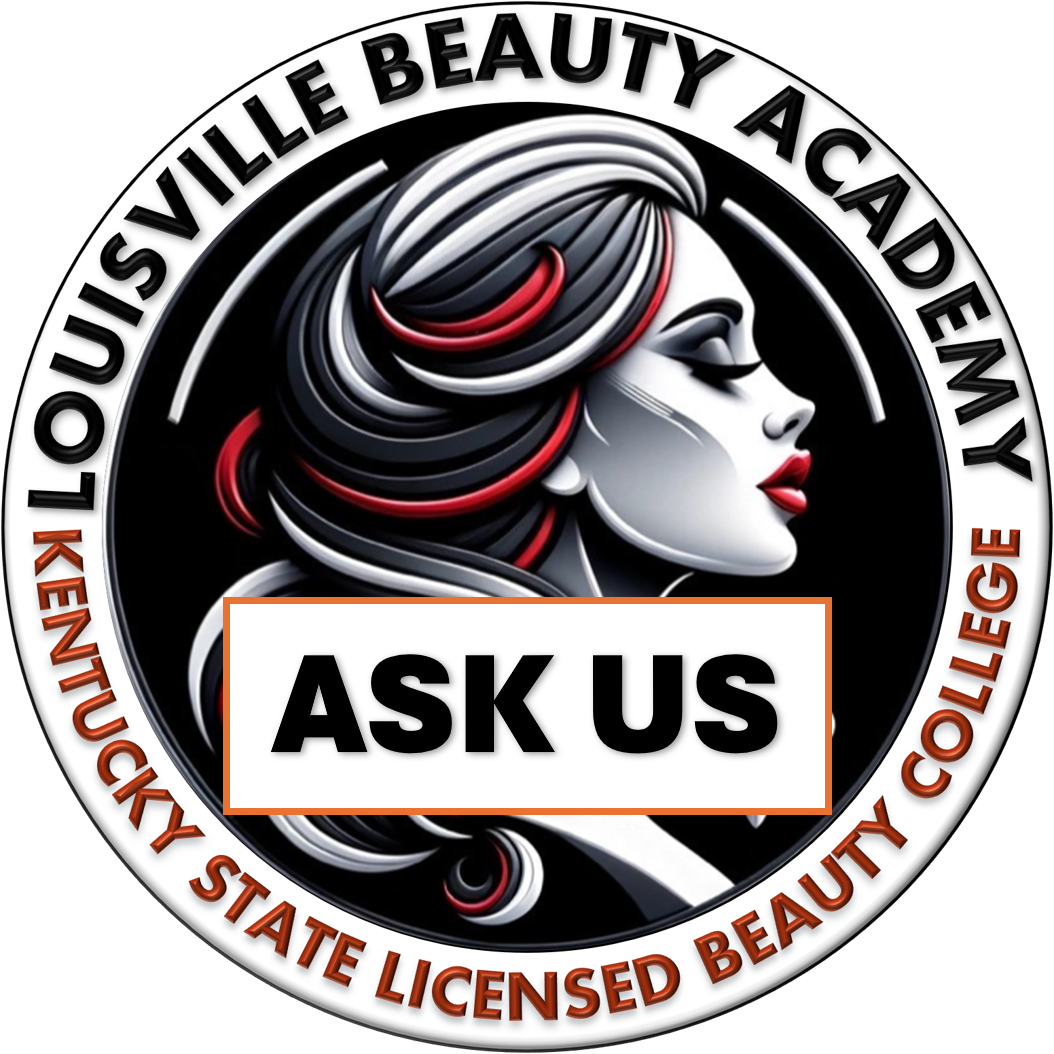The beauty industry is governed by a robust regulatory framework, ensuring high standards of hygiene, professionalism, and customer satisfaction. Central to this is the State Board of Cosmetology, which routinely conducts inspections of salons and beauty schools to maintain these standards. Understanding the triggers for these inspections and the importance of knowing the reasons behind them is paramount for every salon owner and professional in the industry.
Triggers for Inspections by the State Board of Cosmetology
Various factors can prompt inspections from the State Board of Cosmetology. Though procedures can vary state by state, these are the most common triggers:
- Routine Inspections: The Board often conducts routine or random inspections to verify that all salons comply with the state’s laws and regulations on cleanliness, safety, and professional conduct.
- New Licenses or Renewals: Whenever a new salon license is issued or an existing one is renewed, the Board may conduct an inspection.
- Complaints: Inspections may be triggered by complaints lodged against a salon. These complaints can range from sanitation issues and unlicensed workers to allegations of unethical or unprofessional behavior.
- Accidents or Incidents: If an accident or a serious incident occurs at a salon, it could trigger an inspection.
- Follow-ups to Previous Inspections: If a salon was found to have violations during previous inspections, a follow-up inspection might be scheduled to ensure those issues have been rectified.
- Changes in Ownership or Location: If a salon changes ownership or relocates, the Board may conduct an inspection.
The Importance of Understanding the Reason for Inspection
Knowing why an inspection is taking place is fundamental for salon owners and beauty professionals. The reason for the inspection can give insight into what the inspector will focus on, allowing you to be better prepared. More importantly, understanding the cause for an inspection ensures transparency, keeping the lines of communication open between you and the Board.
Being informed about the reason for an inspection allows you to:
- Address Concerns Proactively: If the inspection is due to a complaint, knowing the specifics allows you to address the issue promptly and directly.
- Correct Previous Issues: If the inspection is a follow-up to a previous one, knowing this can help you focus on demonstrating that past issues have been rectified.
- Maintain High Standards: Routine inspections, even without specific complaints, help maintain high standards of hygiene and professionalism. Knowing that an inspection is routine can ease worries about potential issues and focus on demonstrating your commitment to these standards.
If the reason for an inspection isn’t provided, remember that you have the right to ask. It’s always within your interest to know and understand why an inspection is taking place.
In conclusion, understanding the triggers for an inspection by the State Board of Cosmetology and the importance of knowing the reasons behind them is key to maintaining a proactive, transparent, and efficient relationship with the Board. This knowledge empowers salon owners and beauty professionals to continuously uphold industry standards, address concerns, and provide the best possible service to their clientele.






